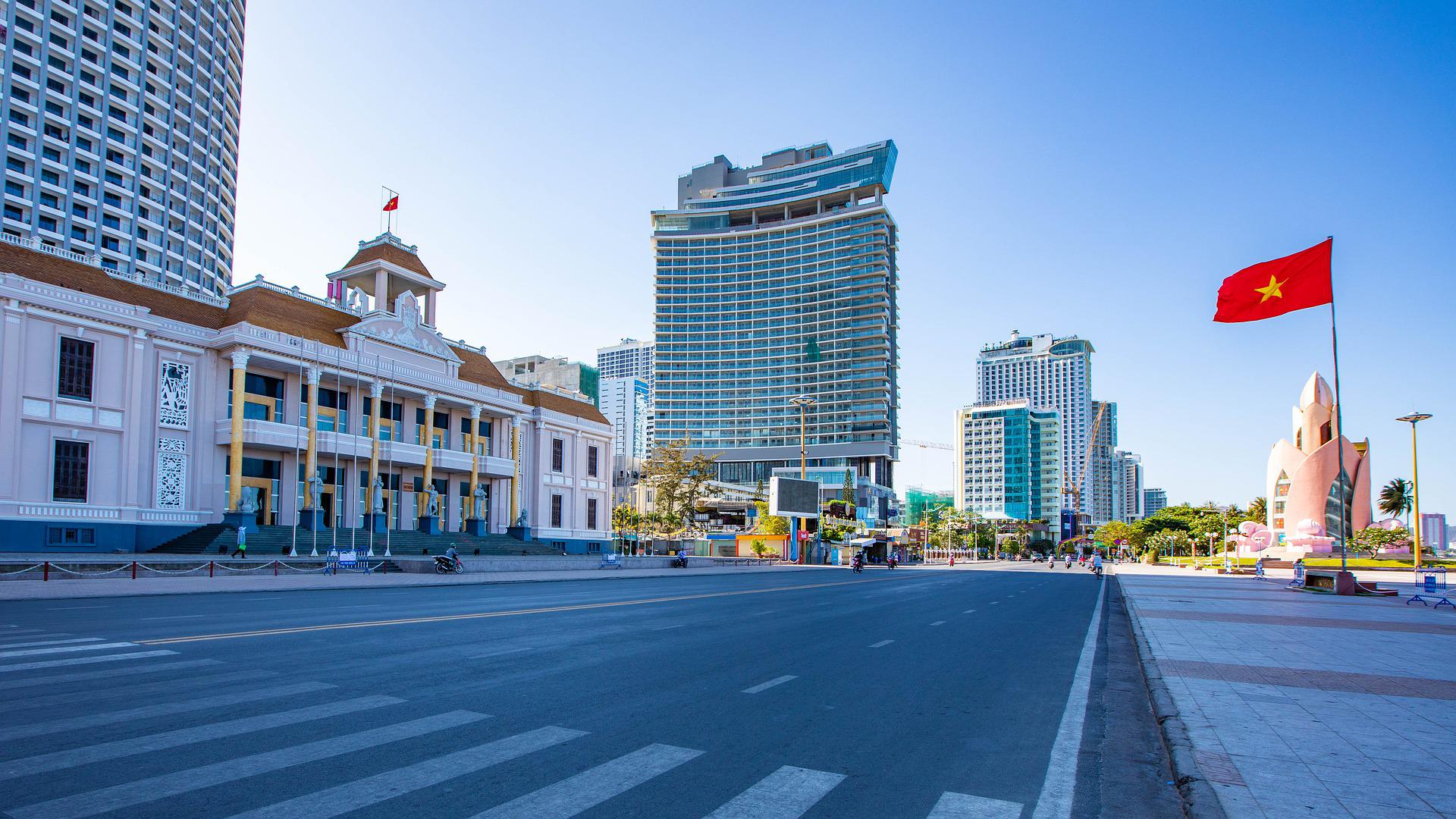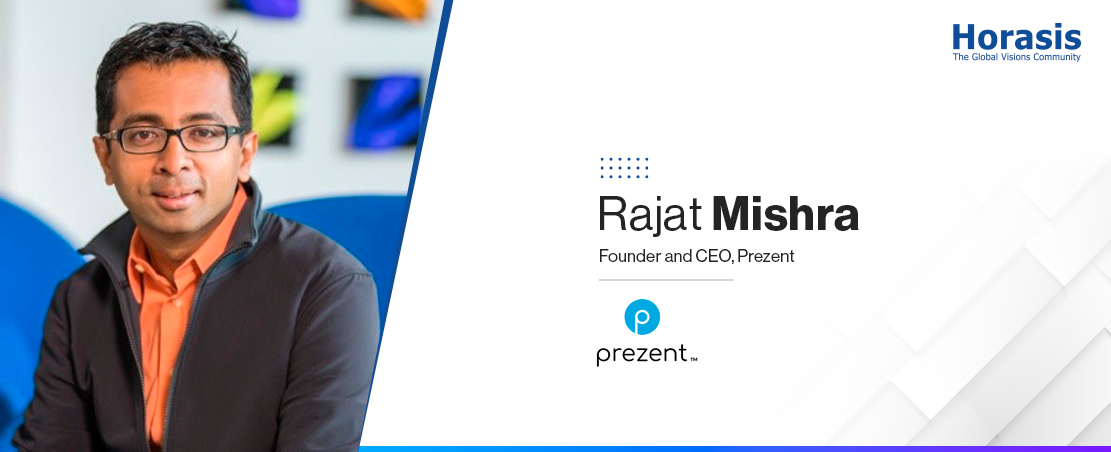Developing Food and Water Security at Scale
Food and water have been two of the most fundamental and essential resources, aiding the growth of civilizations. Food provides the necessary nutrients and energy for people to live, work, and thrive. Without an adequate and reliable food supply, a civilization cannot flourish. So, it is with water. A reliable source of clean flowing water is vital to grow food crops and to maintain hygiene – pivotal in the advancement of human societies.
Reliable access to water sources and fertile land is essential for the growth and expansion of urban areas, where many aspects of civilization such as culture, governance, and education flourish. Food and water are also interconnected globally through trade networks. Many civilizations rely on imports and exports to meet their food and water needs, making international cooperation and trade important for ensuring stability and access to these resources.
Rising geopolitical strife, coupled with degrading macroeconomic conditions and looming risk of climate change, pose significant challenges to food and water security. Although there are several initiatives and investments being made to address food and water security, a lot more still needs to be done.
Global population is growing at a fast rate. As of November 2022, the world’s population has already crossed the 8-billion mark. The UN had estimated earlier that the world’s population will touch 8.3 billion in 2030, going up to 9.1 billion by 2050. This will put further stress on an already fragile food system as the food demand will increase by 50% in 2030 and by 70% in 2050.
Such and many more topics will be discussed at the Horasis Global Meeting, which is scheduled to take place in Gaziantep, Türkiye between 22-23 October 2023. The meeting will bring together the world’s best-known business leaders, who along with government officials and representatives from international organizations will brainstorm with senior members of the Horasis Visions Community to find solutions to critical challenges facing societies today.
Addressing Food and Water Security
In a video message on 24 June 2022, UN Secretary-General António Guterres said, “According to the World Food Programme (WFP), in the past two years, the number of severely food‑insecure people around the world has more than doubled to 276 million. There is a real risk that multiple famines will be declared in 2022.” He further adds, “and 2023 could be even worse.”
The war in Ukraine compounded the already disrupted global food crisis. Russia controls 18% of global wheat exports, while Ukraine has a 10% market share. Similarly, for barley, Russia has a 14% market share and Ukraine 12%. In sunflower oil, Ukraine is the largest global exporter with a 37% market share, while Russia has a 26% market share. Russia is also a major exporter of fertilizers, shipping around 17% of the global supply. The disruption in Russian and Ukrainian supplies has destabilized global food prices.
The crisis in Ukraine is amplifying suffering across the world, particularly in poorer regions such as East Africa, which imports 90% of its wheat from Russia and Ukraine. The countries in this region are already reeling under intense food crisis following three years of severe drought, the pandemic, and ongoing conflicts. Even developed economies may not be spared; the rise in food prices could potentially lead to an increase in unemployment and inflation in the US.
“There can be no effective solution to the global food crisis without reintegrating Ukraine’s food production, as well as the food and fertilizer produced by Russia, into world markets — despite the war. I have been in intense contact with Ukraine, Russian Federation, Türkiye, United States, European Union and others on this issue,” said António Guterres.
Türkiye’s Example
Türkiye has from the very beginning stressed on the need to develop a robust water security framework. Its geographical location, with its transboundary rivers and extensive coastline, makes water management a critical aspect of its national security and development.
Türkiye shares several transboundary rivers with its neighboring countries, including the Tigris and Euphrates rivers with Iraq and Syria, as well as the Aras River with Armenia. Managing water resources from these rivers while maintaining good relations with neighboring countries is a crucial aspect of Türkiye’s policy.
Türkiye has also invested significantly in dam construction and water infrastructure projects to harness its water resources for irrigation, hydroelectric power generation, and domestic water supply. The Southeastern Anatolia Project is one of the most prominent examples, involving multiple dams and irrigation schemes. The country—located at the juncture of Southeast Europe and West Asia—is a stellar example of both harnessing technology to ensure water security and maintaining international relations across the world.
Photo Caption: Türkiye is a stellar example of water security.




